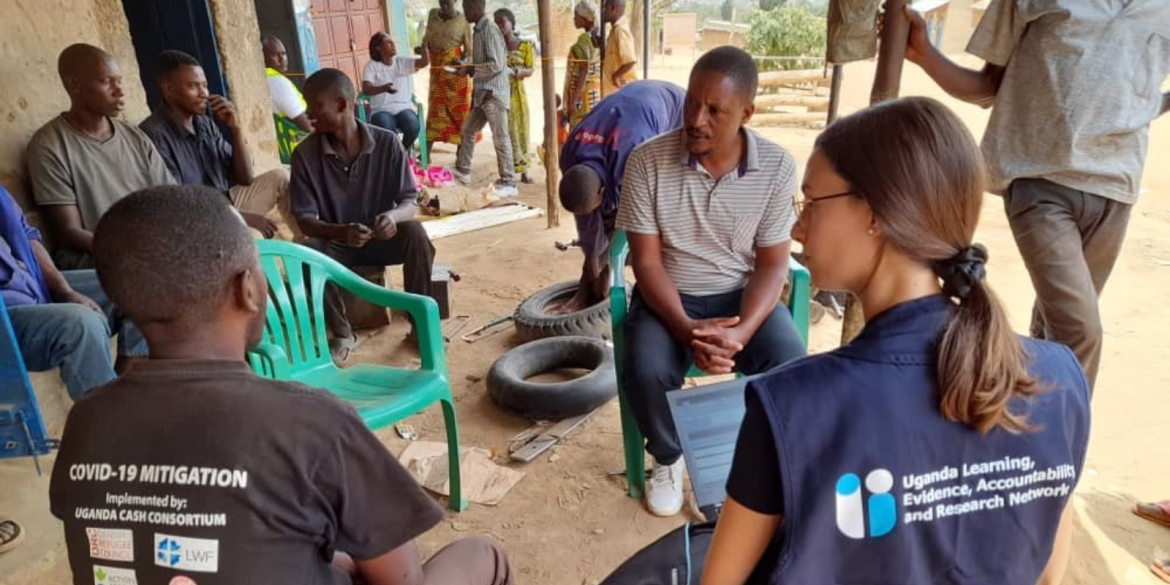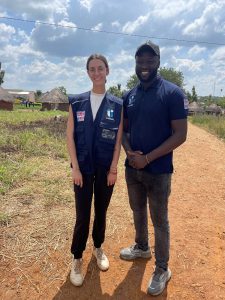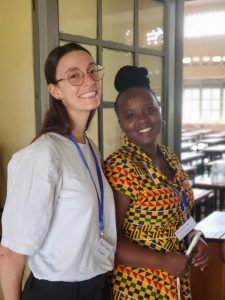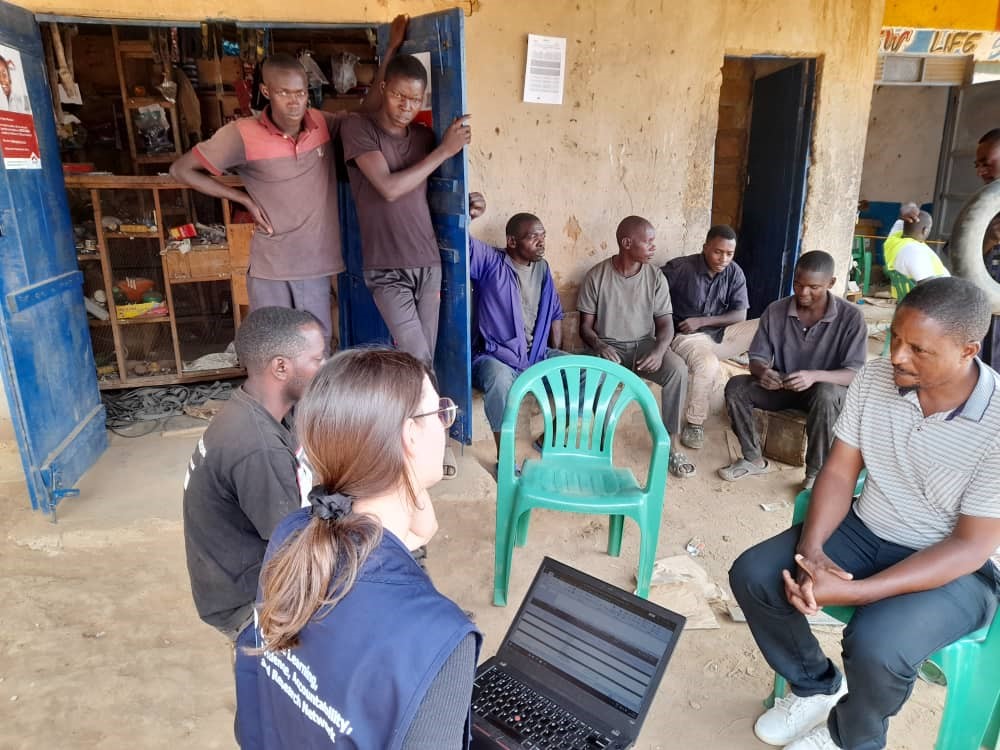
Born in Colombia and raised in Israel, Keren Szapiro’s path has been marked by a blend of cultural experiences and a strong commitment to social impact. Her career began in financial analysis within the private sector, but her passion for creating social and environmental value led her to study microfinance in Spain. To formalise her commitment to impactful work, she then pursued a degree in International Development at Glocal at the Hebrew University.
Her belief that most challenges in the development field can be addressed through collaboration among diverse stakeholders, with a focus on prioritising local voices. drove her decision to pursue an internship in Uganda—a choice that would profoundly shape her professional aspirations.

In Uganda, she worked as a research officer intern at U-Learn (Uganda Learning, Evidence, Accountability, and Research Network), an NGO consortium delivered by Response Innovation Lab, International Rescue Committee, and IMPACT Initiatives., dedicated to creating sustainable development ecosystems in areas with high refugee influxes. U-Learn , due to the country’s open refugee policy, functions differently from its counterparts in other nations, as it deals with a constant influx of refugees. “I was deeply immersed in the dynamics of data collection, project mapping, digital solutions, monitoring and evaluation systems, and networking to foster collaboration across sectors within the Ugandan refugee response sector. I collaborated with stakeholders spanning the spectrum, from refugee-led entrepreneurs to government officials and UN agencies. Our goal was to create a shared language among all stakeholders to enhance collaboration and mutual learning, recognising that we are all working toward the shared goal of promoting sustainable and equitable multidimensional development”.
“In Uganda, the work is incredibly dynamic,” she explains. “Unlike other places where you can build an ecosystem and eventually leave, here, the challenge is to see how this temporary situation can actually be beneficial for everyone—both refugees and the host community.” Her role was primarily focused on research, particularly mapping energy providers in refugee settlements. This involved extensive on-the-ground work, interacting with various stakeholders within the settlements and developing a virtual map that now serves as a key resource for energy planning in the region.

During her internship, she also recognised the untapped potential within the refugee population. “We met engineers, lawyers and technicians who had been forced to flee their countries, and their skills were lying idle in the camps. The idea was to see how we could harness this expertise—not just as a tool for economic empowerment, but also to help them regain a sense of purpose and dignity.” The mapping project she led is now in its second phase, where connections made during her research are being developed further to integrate these skilled individuals into the local economy. Although her official role ended, she remains involved with the project on a volunteer basis, driven by her commitment to making a tangible difference in the lives of those she worked with.

Her experience in Uganda has been transformative, expanding her horizons beyond Latin America, where she initially planned to focus her efforts. It also reinforced her belief in the power of grassroots initiatives and the importance of connecting local knowledge with global resources. As she continues her journey from her homebase in Spain, she remains open to new opportunities, eager to apply the lessons she has learned to other parts of the world.

